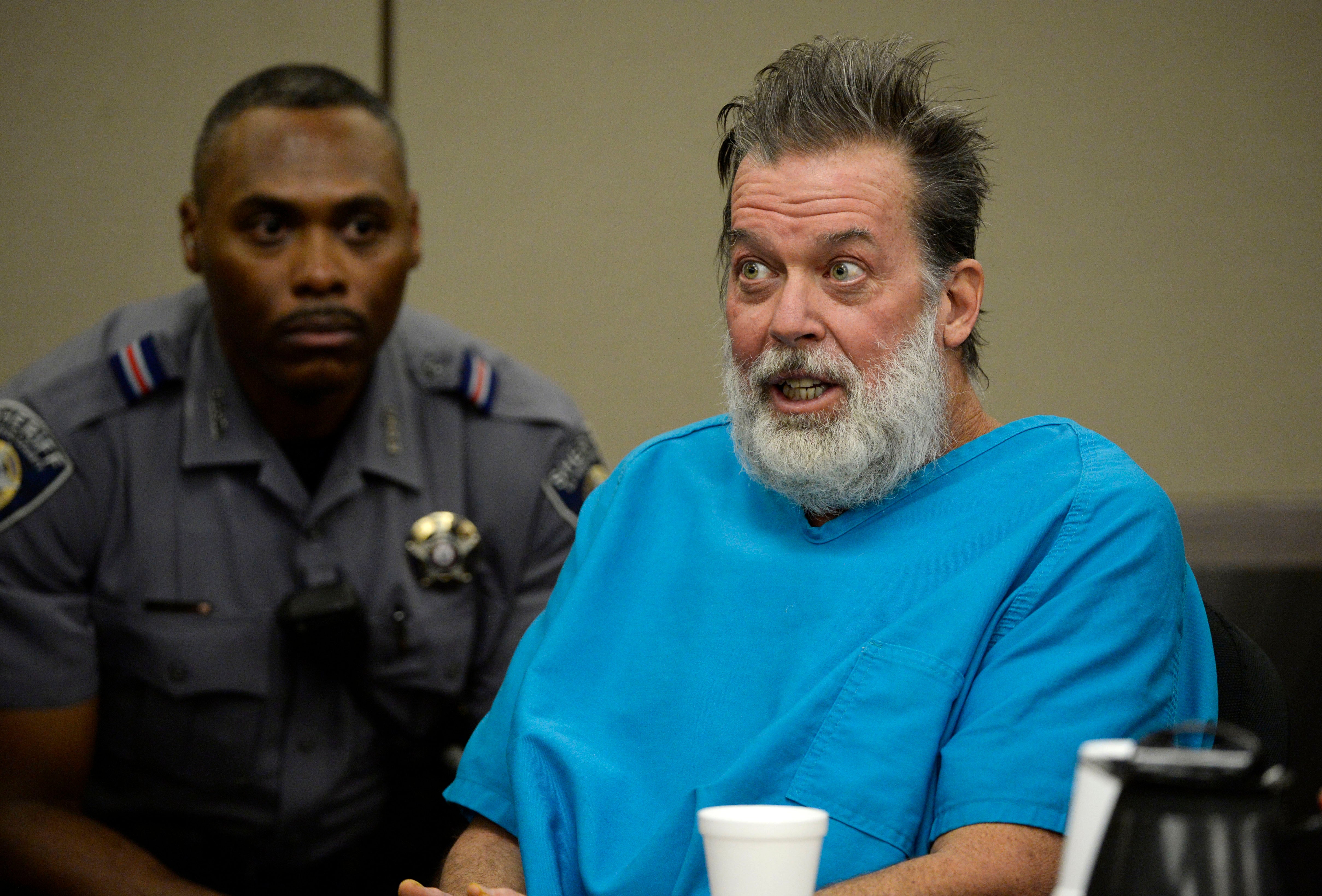Mentally ill man charged in Colorado Planned Parenthood shooting can be forcibly medicated
A federal appeals court says a mentally ill man charged with killing three people at a Colorado Planned Parenthood clinic in 2015 because it offered abortion services can be forcibly medicated

A mentally ill man charged with killing three people at a Colorado Planned Parenthood clinic in 2015 because it offered abortion services can be forcibly medicated, a federal appeals court ruled Monday.
The U.S. Court of Appeals for the 10th Circuit ruling upheld an order issued by a federal judge in 2022 allowing Robert Dear, 66, to be given medication for delusional disorder against his will to try to make him well enough to stand trial.
Dear’s federal public defenders challenged the involuntary medication order by U.S. District Judge Robert Blackburn in part because it allows force to also be potentially used to get Dear to take medication or undergo monitoring for any potential side effects to his physical health.
Dear’s lawyers have argued that forcing Dear to be treated for delusional disorder could aggravate conditions including untreated high blood pressure and high cholesterol. However, in their appeal, they said that Blackburn’s decision to give prison doctors the right to force treatment or monitoring for other ailments is “miles away” from the limited uses for forced medication allowed by the U.S. Supreme Court.
The defense questioned why Blackburn did not explain why he discounted the opinions of its experts who testified during a hearing on whether Dear should be forcibly medicated in 2022. But a three-judge panel of the 10th Circuit said Blackburn sufficiently explained that he placed greater weight on the opinions of the government's experts because of their experience with restoring defendants to competency and their personal experience working with Dear.
Dear has previously declared himself a “warrior for the babies” and also expressed pride in the “success” of his attack on the clinic during one of many outbursts at the beginning of that hearing.
After Dear’s prosecution bogged down in state court because he was repeatedly found to be mentally incomptent to stand trial, he was charged in federal court in 2019 under the 1994 Freedom of Access to Clinic Entrances Act.
Two of the people killed in the attack were accompanying friends to the clinic — Ke’Arre Stewart, 29, an Army veteran who served in Iraq and was a father of two, and Jennifer Markovsky, 36, a mother of two who grew up in Oahu, Hawaii. The third person killed was a campus police officer at a nearby college, Garrett Swasey, who responded to the clinic after hearing there was an active shooter.